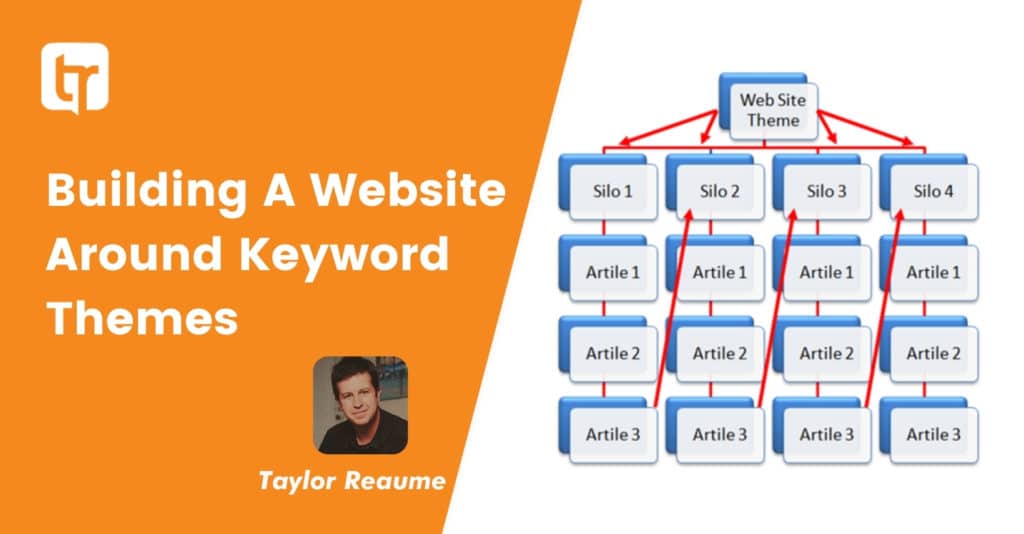
Traditionally, search engine optimization is often approached as a post production task, taking the existing code of a website and optimizing the structure to increase rankings. Often times the work is outsourced or handled by a separate web team that doesn’t have a working relationship with the web development team. However, savvy webmasters and successful SEOs understand that a websites architecture and overall linking structure will have a huge impact on long term success.
When you build your website on a solid foundation of vertical market theme research, solid linking structure otherwise known as ‘silo website architecture’ and quality content that provides value to your visitors, you will be miles ahead of the SEO game even before you begin acquiring back links.
Silo Web Site Architecture: A silo is simply another word for ‘category’. Silo website architecture is a way of organizing your keyword rich content into tightly structured themes whereas the content of each page, including body copy, titles, headers, and urls, all work together to support the overall theme of the silo. Each page within a silo links to each other to reinforce the theme. Cross-linking between silos should point to a silo landing page whenever your content contains a keyword phrase that supports that silo’s theme.
Why is this important?
If you build your website this way, search engines like Google are going to reward you because you are telling them exactly what your web site is about while providing a logical navigation for your (and Google’s) customers. Remember, Google is in the business of serving up quality content to it’s customers. Relevant inbound and outbound linking helps Google filter and organize the web pages they are indexing. Google’s algorithm pays close attention to the keywords in the anchor text of a link, especially when it is placed within the body content of your page, and places high importance to the page the link is pointing to. Internal links contained within your website can carry as much weight as inbound links from external sites.
2009 web marketing strategy is placing more and more weight on the importance on inbound links and proper on site cross linking. When you take the time to plan your site and are mindful of the way it is structured, you will be able to obtain top ranks with less effort than your competitors, and enjoy more success in the long term.
Note: haphazard cross-linking will ‘bleed your theme’ and weaken the overall strength of your individual silos. Do a search for “no follow” tags in Wikipedia, and be sure you understand why people use them (lost Page Rank juice).
- Silo structure is the way keywords are structured
- From short tail to long tail

*Note: Red arrows indicate where links are pointing. Cross-linking between silos should point to a silo landing page whenever your content contains a keyword phrase that supports that silo’s theme.
- Example of “Silo Web Architecture”
- Notice keyword themes

*Note: Red arrows indicate where links are pointing. Cross-linking between silos should point to a silo landing page whenever your content contains a keyword phrase that supports that silo’s theme.
Easiest Way To Find Silo Keywords: Use Google Adwords Tool, search “Website Content” by your main keyword:


